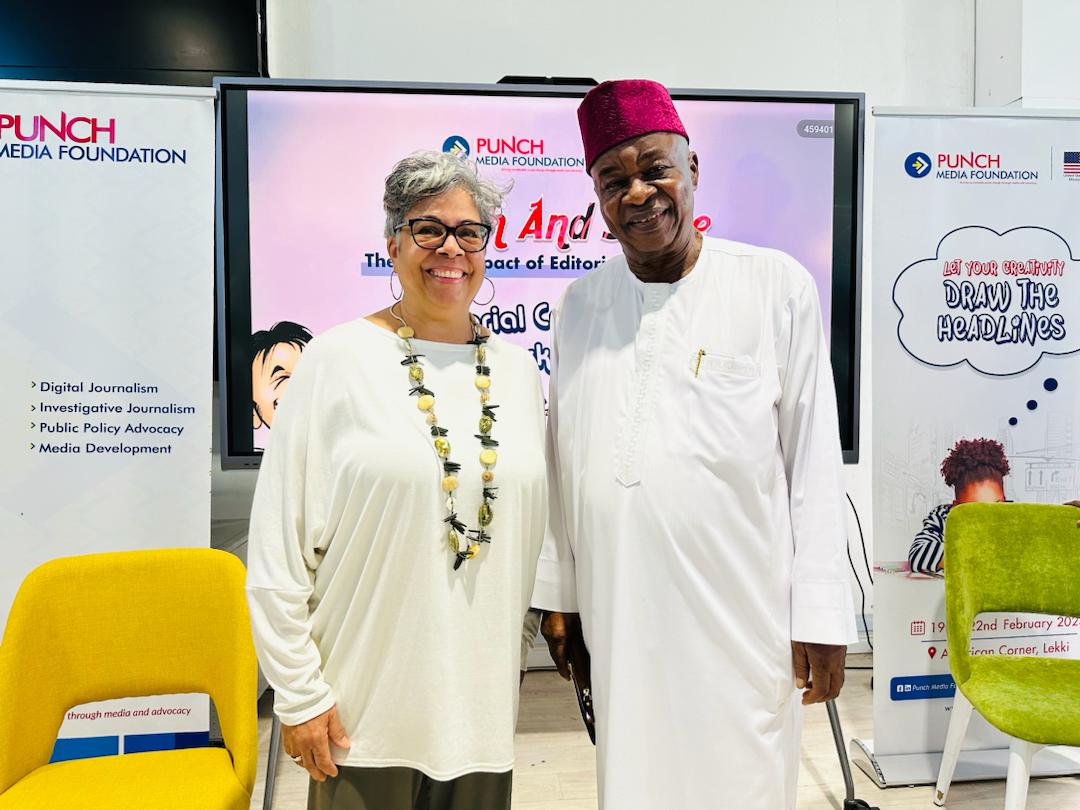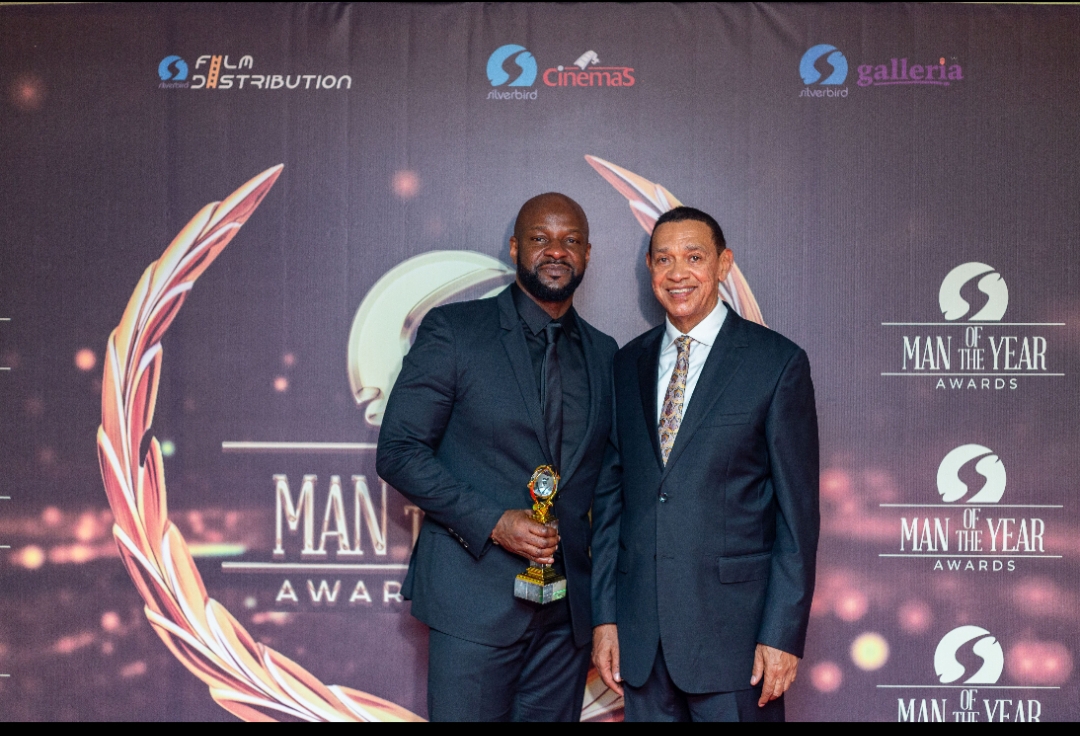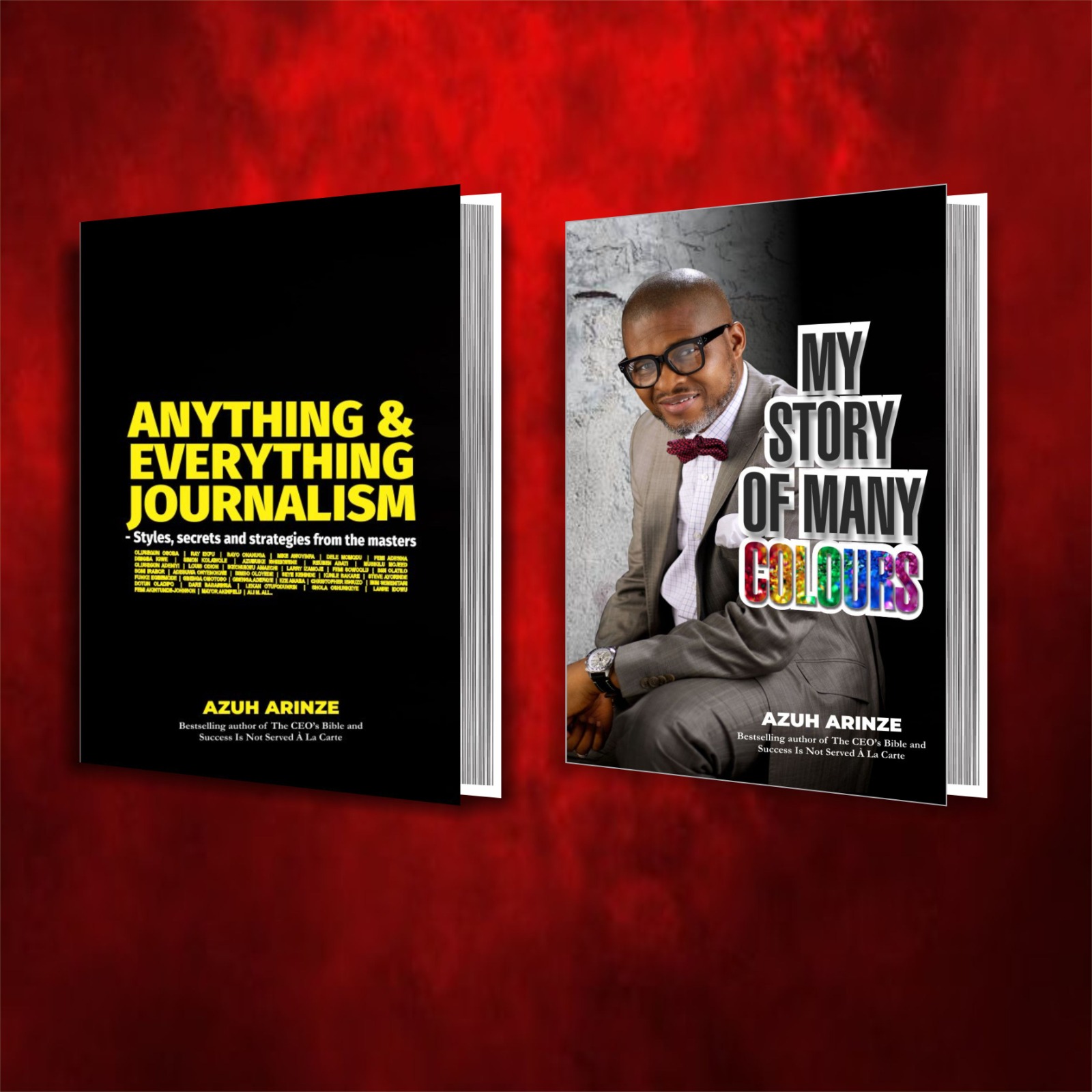World Press Freedom Day: Information As A Public Good
DR. JOSEPH EKPANG

I am delighted to have this unique opportunity to share my thoughts with you my colleagues on this emerging area of concern in the practice of our profession. Recently, and I mean since the beginning of the 21st Century, the discourse on ensuring that media organizations and journalists who work in and for them exercise more responsibility in the messages they publish for public consumption has assumed intensity within the Nigerian state.
This is not unconnected with the activities of citizen journalists who have been enabled and perhaps emboldened to ply their trade as a result of the emergence of the various social media platforms. The situation is definitely not helped by the heightened state of insecurity that is fueling agitations by ethnic nationalities, civil society and faith-based organizations in Nigeria. Cashing in on these agitations which have increasingly become violent, some media practitioners have almost crossed the red line of responsible journalism and virtually descended to the arena of sensationalism and outright falsehood.
Increasingly, media practitioners employ deep fakes and online manipulation to promote misinformation and disinformation. It is common to see some of our colleagues who own online blogs lift videos from entirely different socio-cultural and political milieu, doctor or manipulate them using the google Photoshop App and publish same as though they emanated from Nigeria. Such videos are replete in our media space, the latest being the trending video claiming forceful conversion of indigenes of some communities in Niger State that had been overrun by Boko Haram terrorists.
In addition to this, there is also the very troubling issue of online content manipulation. For instance, there is this screaming headline quote, “MARK MY WORDS, WAR WILL SOON BREAK OUT IN NIGERIA” purportedly credited to former President Olusegun Obasanjo in which many unguarded and reckless statements were made about the Fulani hegemonic agenda and the central role played by President Mohammadu Buhari. Much as one is tempted to agree that former President Obasanjo has not hidden his dislike for the nepotistic tendencies of the Buhari administration, it is indeed too far-fetched to imagine that he would author such a statement. It is, perhaps, in the light of the foregoing that this year’s theme, ‘Information as a Public Good’ was crafted.
According to the Director-General of UNESCO, Ms. Audrey Azoulay, ‘the theme of this year’s World Press Freedom Day, ‘Information as a Public Good’, underlines the indisputable importance of verified and reliable information. It calls attention to the essential role of free and professional journalists in producing and disseminating this information, by tackling misinformation and other harmful content”. She went on to say that “since 1991, the information landscape has undergone tremendous changes, especially with the advent of the Internet and social media. We now have incredible opportunities to express ourselves, stay informed and connect with others. But we are also facing a rise in misinformation, fake news and hate speech”. This has expectedly brought about serious distortions in the media industry.
What is Information? Having established this brief background, it is pertinent to examine the major operative terms embodied in this theme. The first to be considered naturally is the meaning of information. In attempting to define information, we need to understand from the outset that as media practitioners, we are primarily in the business of receiving and spreading or sharing information. There is no need to bore us with complex definitions of the term information. In fact, we all have a reasonable knowledge of what information means. However, suffice it to say, for the purpose of this discussion here, that information refers to knowledge obtained from investigation, study, or instruction.
Information also means intelligence, news, facts and data, etc (https//www.merriam.webster.com). So, basically, when we speak of information we are referring to a wide range of materials we acquire from sources both public and private which we process and publish for the consumption of members of the public that constitute our various audiences. Some of these materials are sensitive and highly volatile in the sense in which they impact the public and cause specific feedback either negative or positive or both.
What is “Public Good?”Let us now examine the other operative term, Public Good. What constitutes public good? Well, loosely speaking, public good refers to things that generally promote the wellbeing of the people and the state. Things that edify, build and enhance the status of individuals and organizations in a given entity or nation. Public good, in this sense means any information that tends to promote the unity, peace and progress of the community. This year’s Press Freedom theme is essentially tasking media practitioners to publish news and information that is not only verifiable but that which would foster ideals that promote the wellbeing of the Nigerian state and its citizens.
However, this general knowledge of what public good stands for, notwithstanding, there are disagreements regarding whether or not a certain piece of information is for public good. A public office holder who is involved in a corruption allegation may not deem the publication of facts pertaining to that case as information for the public good. Similarly, government officials may not consider information about its under-hand activities as a public good. These sets of people will do all in their power to gag the press and ensure that such information does not get to the public. Publishing such information, therefore, becomes not only a public good but an obligation for us.
Why Should Media Practitioners Publish Information for the Public Good? There are a number of reasons why media practitioners should publish information for the public good. It is their sacred duty as watchdogs of the society. It helps to build the institutions of democracy. It creates peaceful and harmonious co-existence among the various ethnic nationalities in the country, thereby reducing tension in the land. It helps to curb the excesses of government and engenders good governance.
Although bad news is often, for us media practitioners, good news, it is important to understand that when our reports stoke the flames of ethnic sentiments and ultimately cause war, we will be among the casualties. Balancing our Right to Freedom of Expression and Responsible Reportage.
Having said all this, how does the media practitioner balance the need to report news as it is with his social responsibility obligation? Sections 22 and 39 of the 1999 constitution of the Federal Republic of Nigeria, as amended, made general and specific provisions for freedom of expression as a fundamental human right of Nigerians and stipulated the responsibilities of media organizations and practitioners. There is, unfortunately, no express provisions for press freedom or freedom of the press in that piece of legislation, except for certain international treaties and conventions which Nigeria has ratified. What this means is that, technically, there is no freedom of the press in Nigeria but rather freedom of expression with attendant consequences.
Recent cases of clamp down by the Nigerian Broadcasting Commission, NBC, on AIT and Channels Television, are examples of the stark reality of the perilous environment of media practice in Nigeria. Frequently, journalists are hounded into detention on trumped up charges by officials of the state. We cannot forget the ongoing travails of Omoyole Sowore of Sahara Reporters, and our own Citizen Agba Jalingo of Cross River Watch, in the hands of the Federal and Cross River State governments. In other words, we have absolutely no guarantees for our personal freedom and even safety as media practitioners in Nigeria.
Now, without canvassing for self-censorship by media practitioners, we suggest that journalists must endeavour to consciously make efforts to avoid publishing sensational and outright fake news. It is true that the attraction to sensationalism is very strong but we must reject the pressure to twist facts either for profit or personal aggrandizement. For us media practitioners, facts are sacred and must be treated as such. When we manipulate, distort or misrepresent facts, we unwittingly transit from the realm of news to propaganda. This should not be acceptable to us.
In conclusion, let me state here categorically, that the phenomenon of fake and sensational news is more prevalent among online bloggers than among many of us conventional media practitioners. As I noted in my introductory remarks, the emergence of social media has accentuated the publication of fake news. We, who are trained journalists, have a responsibility to uphold the tenets of our profession by ensuring fairness, balance, objectivity and factuality.
Dr. Joseph Ekpang of University of Calabar delivered this at a public lecture with the theme ‘Information as a Public Good’ on Thursday in Calabar to mark the World Press Freedom Day










